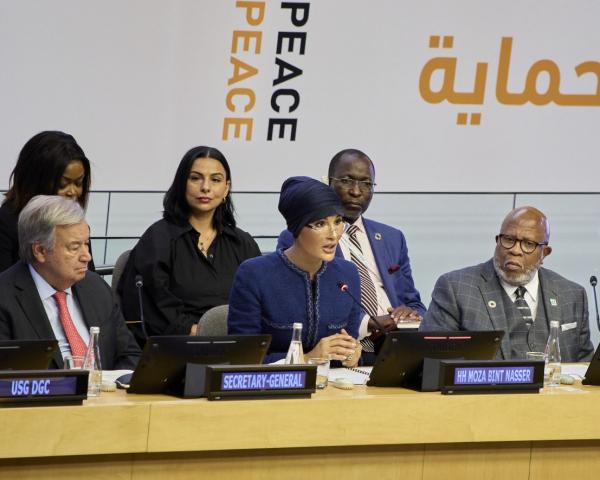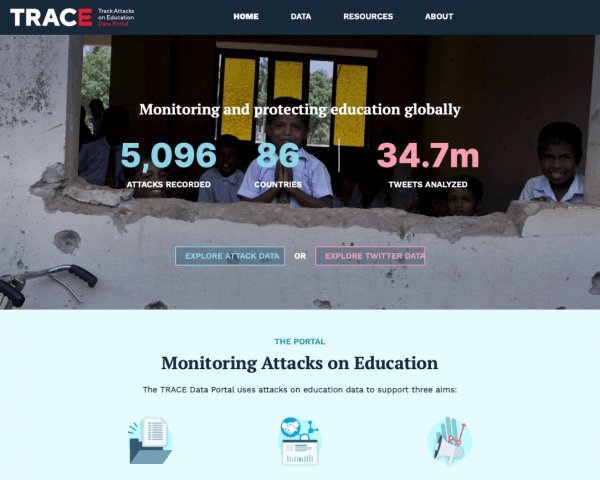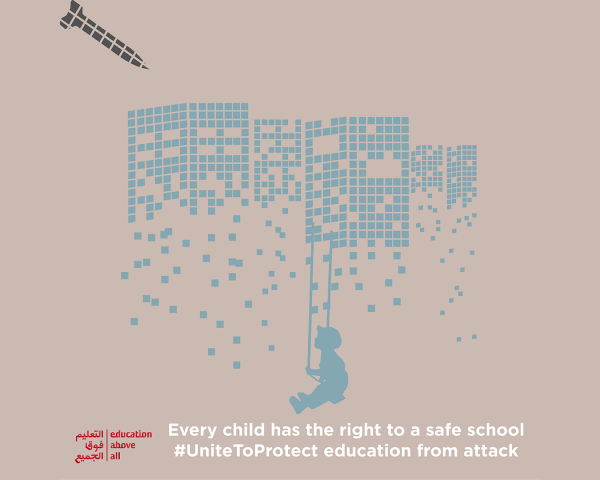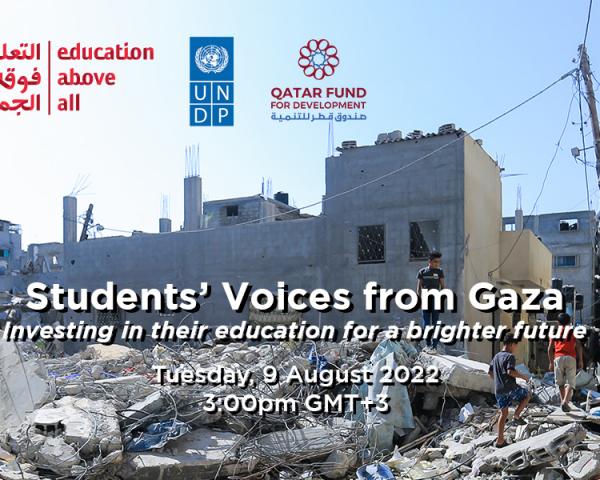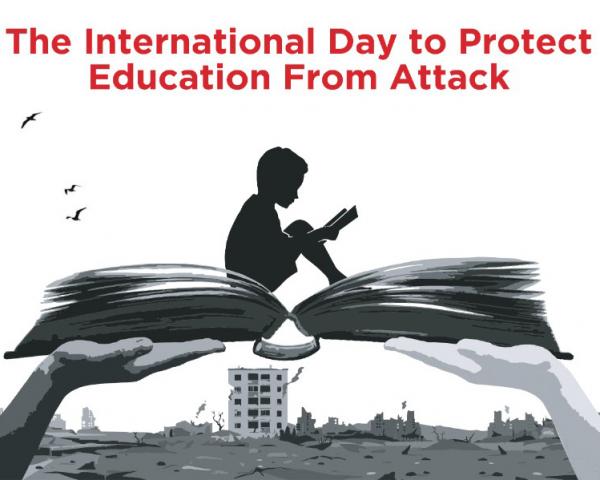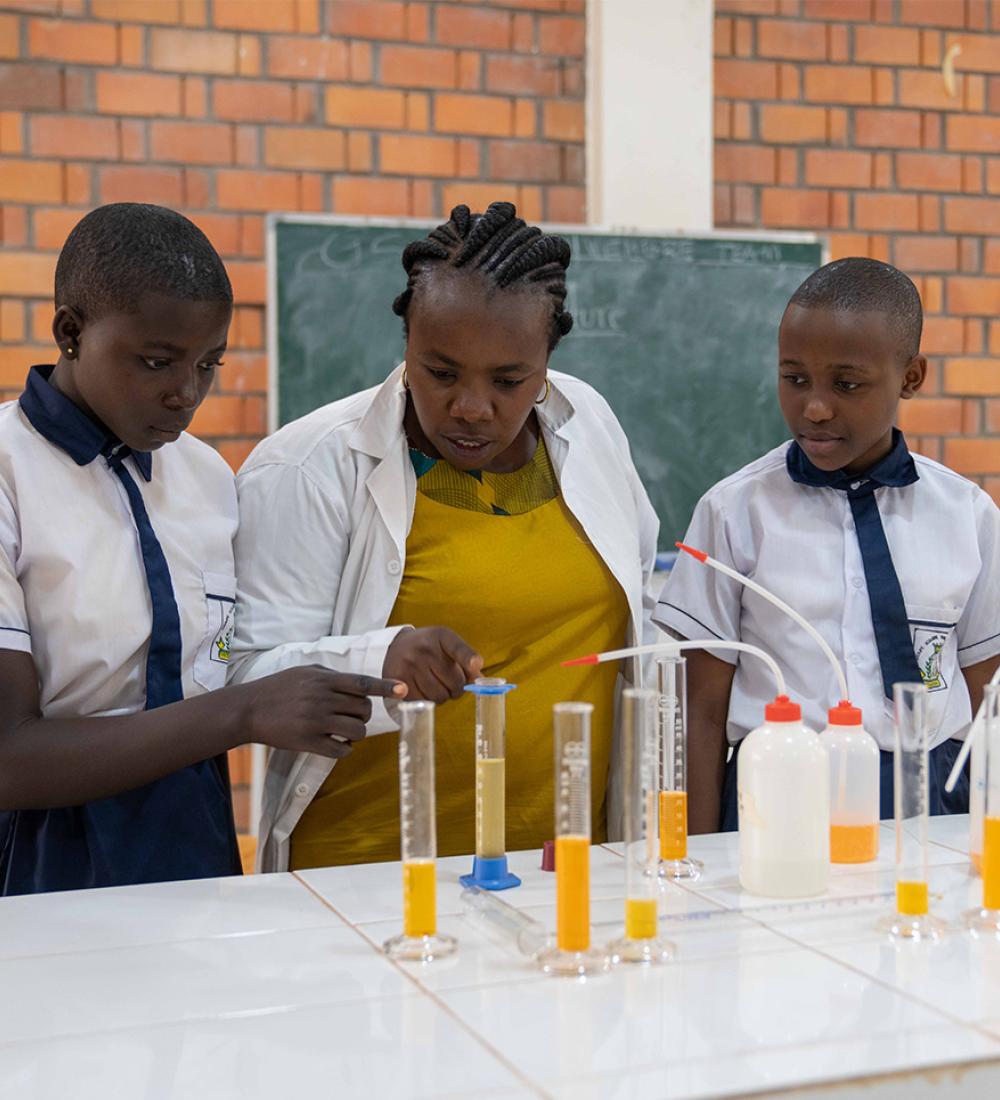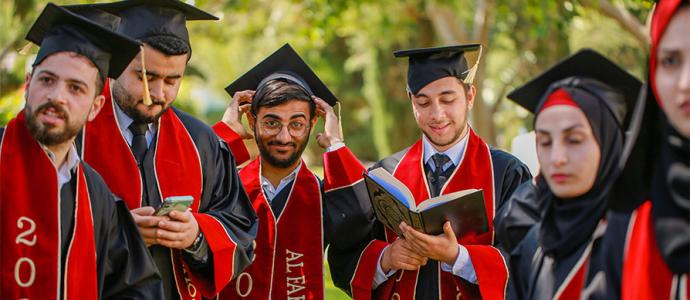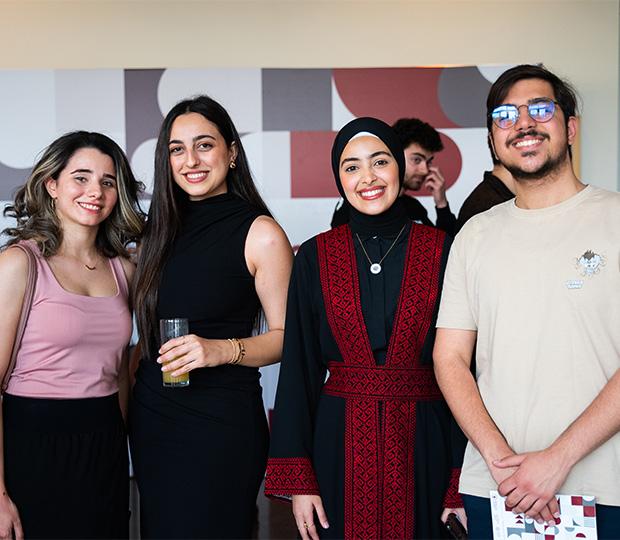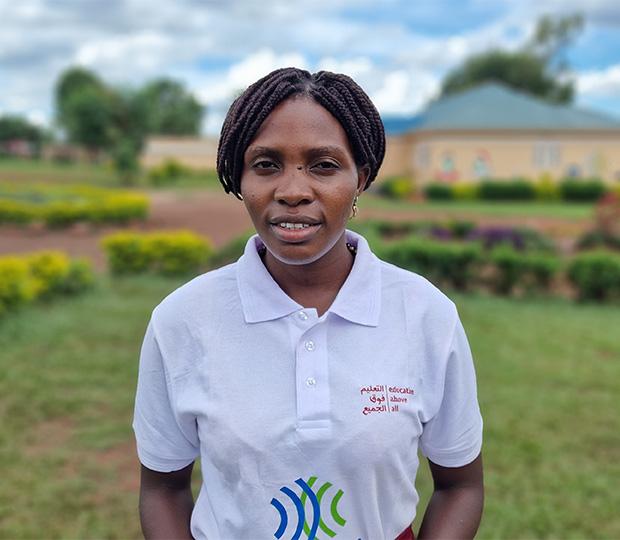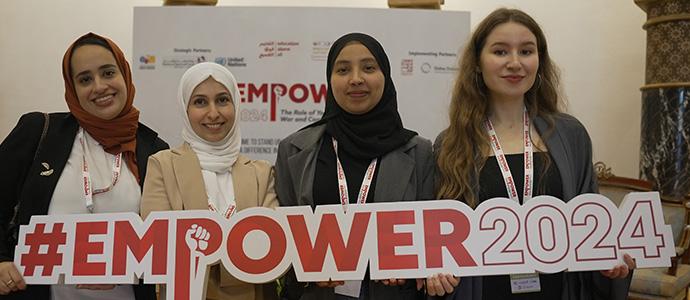Challenging Narratives, Reshaping Action: Protect Education From Attack
CHALLENGING NARRATIVES, RESHAPING ACTION: PROTECT EDUCATION FROM ATTACK
Tuesday 9 September 2025
Room XIX, Building E, Palais des Nations, Geneva
Exhibition Opens
8:30 AM
(with coffee/refreshments)
High-Level Panel
10:00 AM - 11:00 AM
(doors close 9:45 am)
Youth Hub Debate
11:45 AM - 1:00 PM
(preceded by lunch)
Inquiries:
events@eaa.org.qa
Education in Conflict Publications
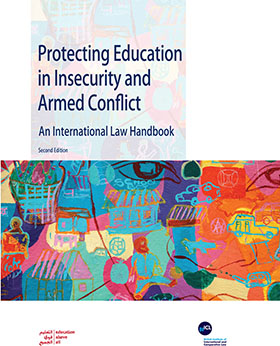
International Law Handbook
The publication provides a comprehensive overview of the current status and explains how key international legal regimes, such as international human rights law, international humanitarian law and international criminal law protect education, students, teachers and schools in times of war or instability.
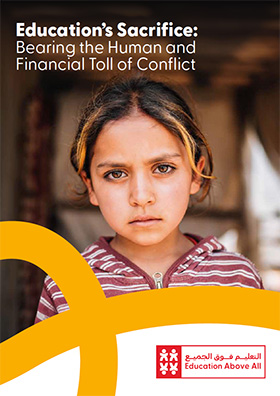
Education’s Sacrifice–Bearing the Human and Financial Toll of Conflict
Released on the International Day to Protect Education from Attack (9 September 2024), the “Education’s Sacrifice-Bearing the Human and Financial Toll of Conflict” opinion piece, authored by Education Above All’s Educate A Child programme, draws attention to the severe disruptions to education caused by war, which threaten sustainable development and global prosperity. It also highlights EAA mitigating actions to address these challenges, such as the ‘Self-Learning’ programme in Syria, which provided home study options and community-based education.
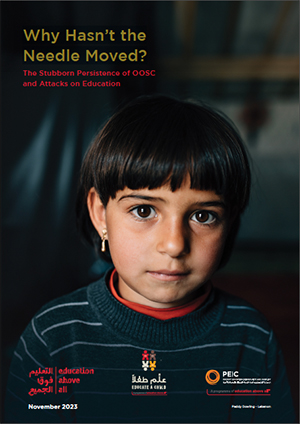
Why Hasn’t the Needle Moved?
The Stubborn Persistence of OOSC and Attacks on Education
More than a decade ago, Her Highness Sheikha Moza bint Nasser founded the Education Above All (EAA) Foundation and implemented programmes to facilitate the realisation of the right to education for everyone. This year, the Foundation was commissioned by Her Highness Sheikha Moza to undertake a moment of reflection on our progress and answer the key question: why isn’t the needle moving in the way it should?
Through the eyes of two authors, and years of research and practice, this paper tackles that question in relation to out of school children (OOSC) at the primary level and to the protection of education against attack. Two programmes, Educate A Child (EAC) and Protect Education in Insecurity and Conflict (PEIC), respectively, were initiated and mandated to address these global challenges. Their leaders reflect on what is known, successes and what remains to be done.
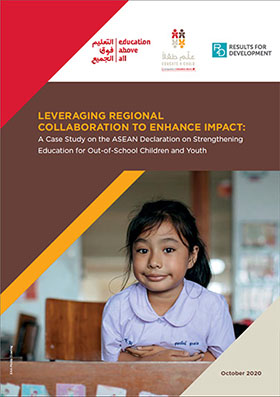
Leveraging Regional Collaboration to Enhance Impact
A Case Study on the ASEAN Declaration on Strengthening Education for Out of School Children and Youth
Although significant progress has been made in reducing the number of out of school children and youth (OOSCY) in Southeast Asia, millions of primary and secondary school-aged children remain out of school in the region *.
To address the diverse barriers facing out of school children (OOSC) in the region, Education Above All (EAA) Foundation, through its programme, Educate A Child (EAC), and UNESCO Bangkok partnered to support enrolling and retaining OOSC in ten Southeast Asian countries through research, policy advocacy, capacity development and the scaling up of flexible learning strategies **.
* "UNESCO Bangkok. “Situation Analysis of Out-of-School Children in Nine Southeast Asian Countries.” 2017."
** UNESCO Bangkok defines flexible-learning strategies as alternative-educational programmes targeted at reaching those most marginalised. Flexible-learning strategies can take many forms, but are equivalent to formal or vocational education. UNESCO Bangkok. “Flexible Learning Strategies for Out-of-School Children (OOSC) and Youth.” Website. Accessed 20 March 2020.
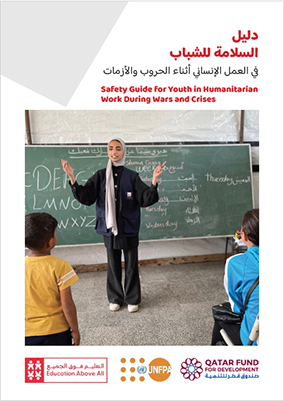
Safety Guide for Youth in Humanitarian Work During Wars and Crises
In times of war and crisis, young people are often the first to step forward, courageous, committed, and determined to make a difference.
The Safety Guide for Youth in Humanitarian Work During Wars and Crises is a powerful resource designed to protect and empower them. Created in the spirit of the Education Above All Foundation and in collaboration with leading humanitarian partners, it blends global best practices with real-world lessons from frontline contexts such as Palestine. It calls on youth to uphold humanitarian principles of humanity, neutrality, impartiality, and independence, while giving them the tools to stay safe, act ethically, and serve with dignity even in the most volatile environments.







